Upper classes are a nation's past; the middle class is its future
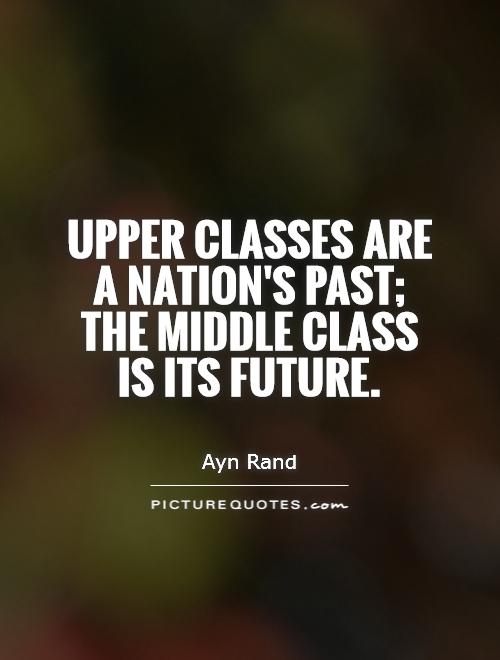
Upper classes are a nation's past; the middle class is its future
In the world of Ayn Rand, the idea that the upper classes are a nation's past while the middle class is its future holds a significant amount of truth. Rand's philosophy of Objectivism emphasizes the importance of individualism, rational self-interest, and the pursuit of one's own happiness. In this context, the upper classes represent the traditional, established elite who have inherited their wealth and status, while the middle class represents the hardworking, ambitious individuals who strive to achieve success through their own efforts.Rand believed that the upper classes, with their sense of entitlement and reliance on inherited wealth, were a relic of the past. They were often portrayed in her works as corrupt, lazy, and morally bankrupt individuals who exploited others for their own gain. In contrast, the middle class was seen as the driving force behind progress and innovation in society. These were the individuals who worked hard, took risks, and pursued their goals with passion and determination.

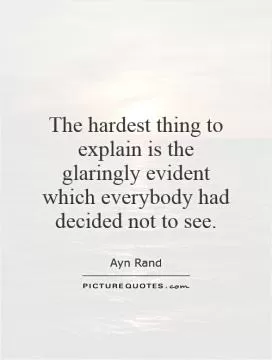

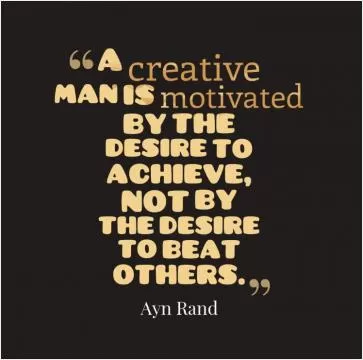

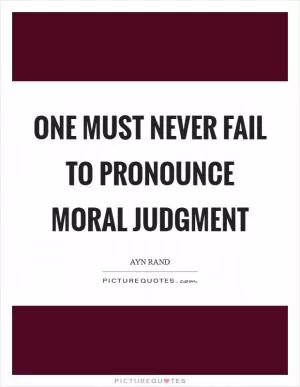

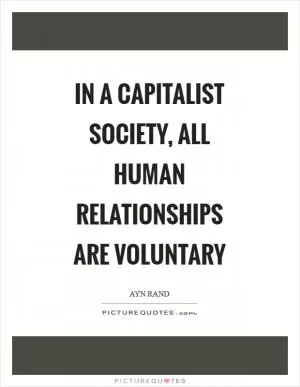

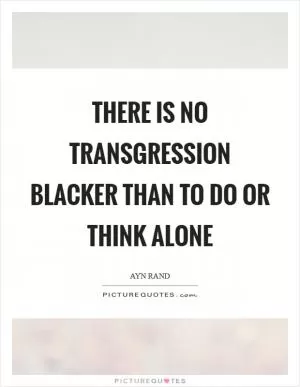


 Friendship Quotes
Friendship Quotes Love Quotes
Love Quotes Life Quotes
Life Quotes Funny Quotes
Funny Quotes Motivational Quotes
Motivational Quotes Inspirational Quotes
Inspirational Quotes